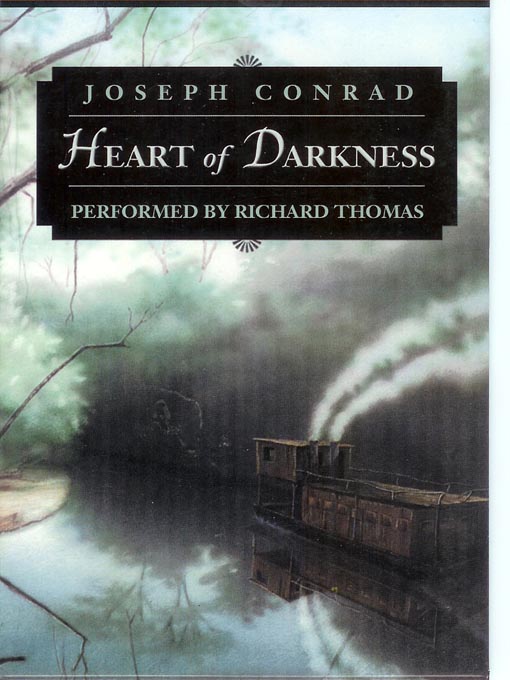 These are the works that will be on the midterm:
These are the works that will be on the midterm:Heart of Darkness by Joseph Conrad
Lady Mary Wortley Montague's Turkish Embassy Letters (to Alexander Pope, Miss Sarah Chiswell, and the Countess of Mar [Lady Mary's sister])
excerpts from Evliya Celebi's Book of Travels (the whole is ten volumes)
Things Fall Apart by Chinua Achebe (We also discussed his "An Image of Africa" and Caryl Phillips' interview.)
Oroonoko by Aphra Behn
Candide by Voltaire
excerpts from Harriet Jacobs' Incidents in the Life of a Slave Girl
excerpts from Olaudah Equiano's The Interesting Narrative of the Life of Olaudah Equiano
"Stale Mates" by Zhang Ailing or Eileen Chang
Raise the Red Lantern, dir. Zhang Yimou
excerpts from Xueqin Cao 's The Story of the Stone/Dream of the Red Chamber

The exam will be in two parts. The first is the subjective exam (60 pts.). This will be a take home essay. The second is the objective exam (40 pts.). I will ask you to fill in the blanks, answer multiple choice questions, and give short answers. For the most part, the questions will be cover what we discuss in class. I may ask you to list three to five things that you learned from reading this blog.
Topics discussed for each work:
Heart of Darkness (1899, 1902)-- between 19th & 20th century, imperialism, history of Congo/DR Congo, frame narrative, Marlow as narrator, Marlow as hero/Kurtz as hero, hero's journey, Marlow & women, Marlow & Africans, Marlow & Europeans who are not English, is Marlow Conrad?/is Conrad Marlow?, Apocalypse Now, An Image of Africa (Achebe's response), Conrad's decision to write in English
Turkish Embassy Letters (written 1716-1718, published 1763) -- Lady Mary's sense of audience, her perspective on the Ottoman Empire, the Ottoman Empire, orientalism, her correspondents, her visit with the wife of the Grand Vizier and then with the wife of the Kabya "the difference between an old devote and a young beauty," letters published *after* Lady Mary's death & even then they were edited, genre of lifewriting

Book of Travels -- ten volume work, Celebi traveled throughout the Ottoman Empire (Turkey, Albania, today's Iraq, Egypt), in the section we read he visits the site of a famous battle and advises the Caliph on how to preserve a ???'s gravesite from desecration, how does Celebi portray the land & people?
Things Fall Apart (1958) -- one of the first modern African novels but not the first (Amos Tutuola's The Palm-Wine Drinkard was published in 1946.), Achebe's depiction of 19th c. Igbo/Ibo society, Okonkwo-'s conflict with his son Nwoye and its outcome, impact of Christianity & British rule, Okonkwo & his wives, the society's attitude towards war, is Okonkwo at odds with his own village (Umofia)?, his conflict with his father, proverbs, what does Umofia value?, Okonkwo's relationship with Ikemefuna, what falls apart in the novel?, is Okonkwo a hero? Is he a tragic hero?, roles of tradition & ritual, is Okonkwo flexible? is his village? why is flexibility important and how does it affect the outcome?, feel free to refer to "An Image of Africa" and interviews with Achebe

2 comments:
Hi Marianne: I wrote a picture poem about Francis and Sunny A. Abakwue's book Another Paradise,
quoted in the poem...on Blogger.com ...Tamorrow..will invite you in...the quotes are aphorisms
and proverbs that Sunny and his brother Francis wrote.....Thank you for Achebe..The Igbus
are strong.
That's great to know, Tamara. Yes, I saw your invitation. :)
Post a Comment